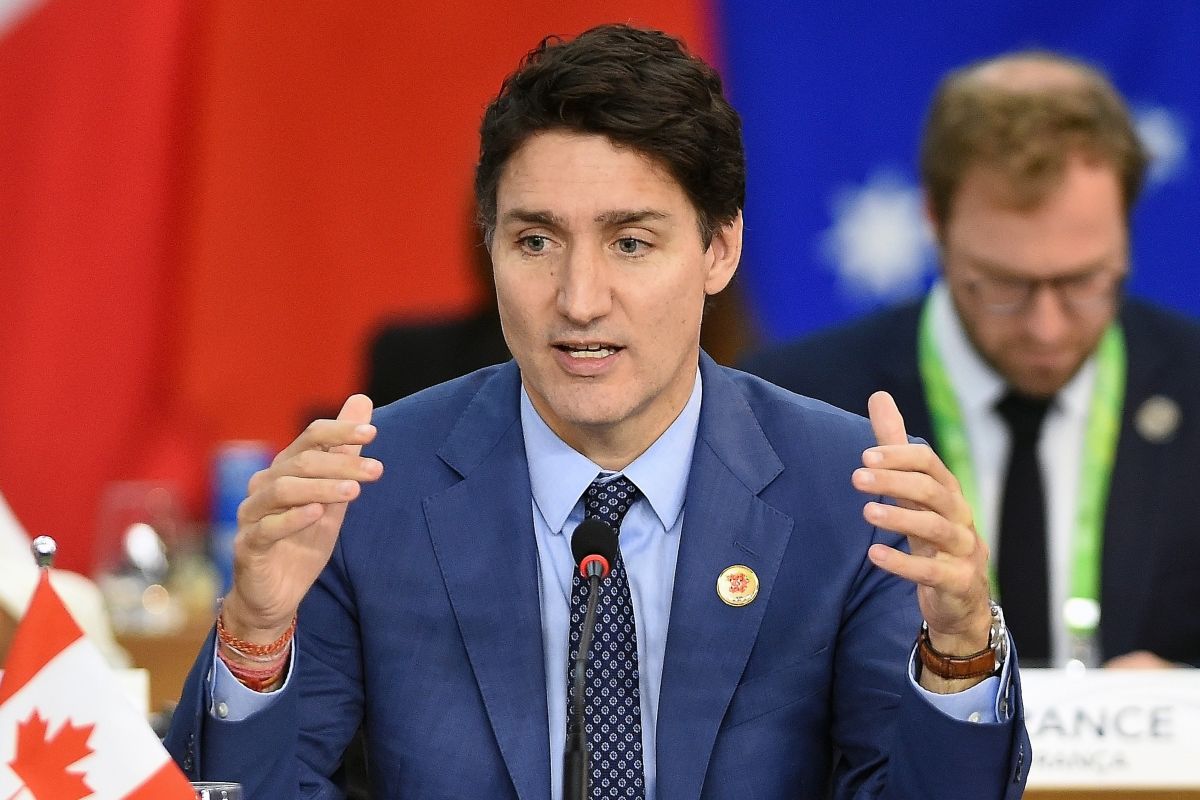
Trudeau to resign, leaving federal gambling legislation in jeopardy
Parliament has been prorogued until March 24
Prime Minister Justin Trudeau intends to resign once the Liberal Party has chosen a successor.
Trudeau made the announcement outside his official Rideau Cottage residence on Monday morning.
“This country deserves a real choice in the next election, and it’s become clear to me that if I’m having to fight internal battles, I cannot be the best option in that election,” Trudeau told reporters.
His declaration comes in the wake of his Finance Minister and Deputy Prime Minister Chrystia Freeland — touted by some as a contender to replace him as Liberal leader — resigning just before Christmas, on the day that she was due to present the federal government’s Fall Economic Statement.
Trudeau has been under intensifying pressure to resign. His public opinion polling has plummeted and, per CBC News, at least two dozen individual MPs and several regional caucuses have called for him to step down over the last few weeks.
Prorogation could kill federal betting ads bill
Trudeau also said on Monday that Governor General Mary Simon has granted his request to prorogue Parliament until March 24 to allow his party to hold a leadership contest. The legislature had been scheduled to reconvene on Jan. 27.
As a result, all parliamentary business will stop and, generally speaking, any legislation before the House of Commons and the Senate is dead until the next session begins. That means that Bill S-269, which would require the Minister of Canadian Heritage to develop a national framework for regulating sports betting advertising across the country, would need to be revived in order to have a future.
The National Framework on Advertising for Sports Betting Act was advanced by the Senate in November but hit quicksand before it could be taken up in the House. The chamber is locked in an impasse with the Liberals and the Conservatives at loggerheads over access to unredacted documents and there was little headway before the chamber adjourned on Dec. 17.
Trudeau said his move on Monday was a necessary step in clearing the legislative standstill, noting that “despite best efforts to work through it, Parliament has been paralyzed for month.”
Canadian federal law dictates that prorogation means bills which have not received Royal Assent are “entirely terminated” and must be reintroduced if they are to be taken up in the new session. However, a provision allows bills to be reinstated at their most recent stage if a motion to do so is agreed upon under certain conditions.
Bill S-269 isn’t necessarily dead. But, with Parliament now not due back for almost three months, betting advertising likely not a top-of-mind issue when it does return, and the political climate this spring uncertain to say the least, the outlook isn’t exactly rosy.
In contrast, prorogation will not affect the discussion on the legality of international liquidity in Ontario gaming, which is awaiting a decision from the Ontario Court of Appeal.
Big Canadian political shift incoming?
Trudeau’s resignation has sportsbooks and observers predicting that a Canadian federal election will now come much sooner than the schedule October date, perhaps as soon as the spring. Prorogation does mean, though, that opposition parties can’t trigger an election with a no-confidence motion before the Liberals have a new leader in place.
Whenever the election does happen, a broad political shift at the federal level is in the cards.
Conservative leader Pierre Poilievre, a native Albertan, is the runaway favourite to be Canada’s next Prime Minister and his party have vowed to move a motion of no-confidence against the Liberal government early this year to force the issue. That would require the support of the NDP, whose leader Jagmeet Singh, who ended his agreement to support the Liberals in September and has urged Canadians not to vote for them.